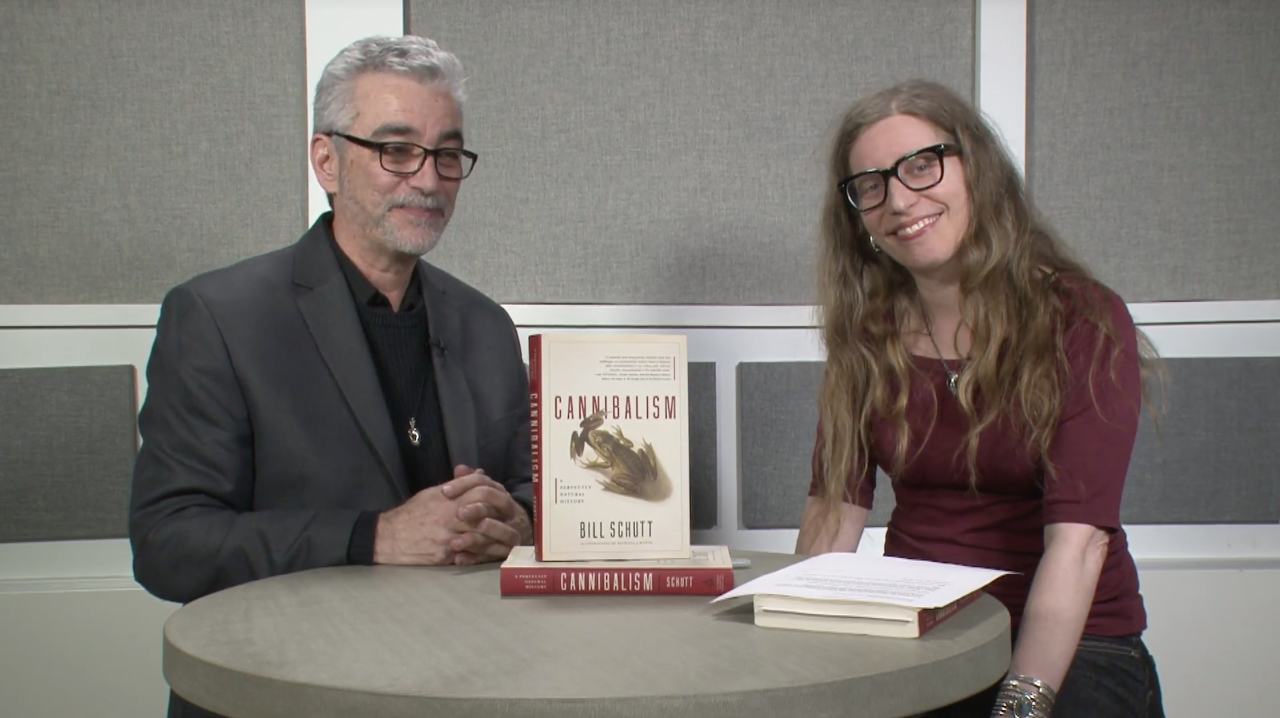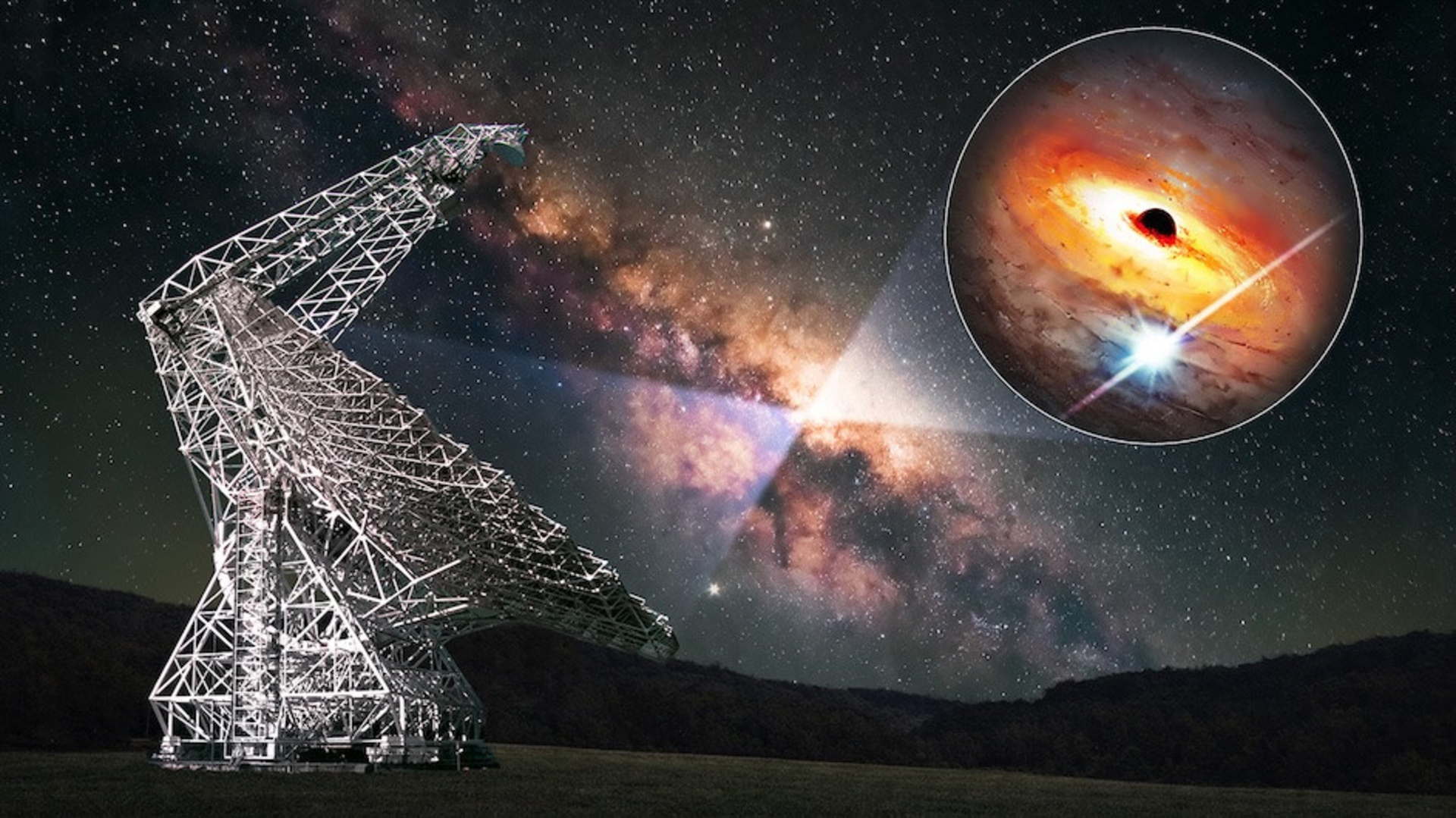Live Science Talks 'Cannibalism' with Author Bill Schutt

Get the world’s most fascinating discoveries delivered straight to your inbox.
You are now subscribed
Your newsletter sign-up was successful
Want to add more newsletters?

Delivered Daily
Daily Newsletter
Sign up for the latest discoveries, groundbreaking research and fascinating breakthroughs that impact you and the wider world direct to your inbox.

Once a week
Life's Little Mysteries
Feed your curiosity with an exclusive mystery every week, solved with science and delivered direct to your inbox before it's seen anywhere else.

Once a week
How It Works
Sign up to our free science & technology newsletter for your weekly fix of fascinating articles, quick quizzes, amazing images, and more

Delivered daily
Space.com Newsletter
Breaking space news, the latest updates on rocket launches, skywatching events and more!

Once a month
Watch This Space
Sign up to our monthly entertainment newsletter to keep up with all our coverage of the latest sci-fi and space movies, tv shows, games and books.

Once a week
Night Sky This Week
Discover this week's must-see night sky events, moon phases, and stunning astrophotos. Sign up for our skywatching newsletter and explore the universe with us!
Join the club
Get full access to premium articles, exclusive features and a growing list of member rewards.
Join Live Science as we take a seat at the table with Bill Schutt, author of "Cannibalism: A Perfectly Natural History" (Algonquin Books, 2018). While cannibalism in animals — including people — has been recognized for centuries, it wasn't always well-studied, and was long-thought to be a type of behavior that only appeared under conditions of extreme stress or deprivation.
However, research over the past few decades has taken a bite out of cannibalism myths and misconceptions. Scientists are taking a closer look at cannibalism in the natural world and in human societies from the not-so-distant-past, and are finding that it's more widespread and established as a behavior than was once thought.
Schutt recently joined Live Science for a Facebook Live event to talk about covering this meaty topic in his new book, and he shared some tasty science tidbits: from insects that consume their mates, to sharks that eat their siblings in utero, to our fascination with the Donner Party and fictional cannibals like Hannibal Lector.
Get the world’s most fascinating discoveries delivered straight to your inbox.

Mindy Weisberger is a science journalist and author of "Rise of the Zombie Bugs: The Surprising Science of Parasitic Mind-Control" (Hopkins Press). She formerly edited for Scholastic and was a channel editor and senior writer for Live Science. She has reported on general science, covering climate change, paleontology, biology and space. Mindy studied film at Columbia University; prior to LS, she produced, wrote and directed media for the American Museum of Natural History in NYC. Her videos about dinosaurs, astrophysics, biodiversity and evolution appear in museums and science centers worldwide, earning awards such as the CINE Golden Eagle and the Communicator Award of Excellence. Her writing has also appeared in Scientific American, The Washington Post, How It Works Magazine and CNN.
 Live Science Plus
Live Science Plus










